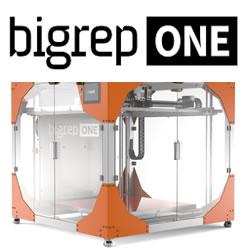The Ultimate Guide to Shipping Temperature-Sensitive Freight
Sciaky, Inc. and Concurrent Technologies Corporation Enter Strategic Partnership to Expand the Reach of Metal Additive Manufacturing
How the Right Rollers Ensure a Better End Product
Uncovering the New Wave of Manufacturing Service Leaders
The Industrial Internet Consortium Announces the Optimizing Manufacturing Processes by Artificial Intelligence Testbed
Acquiring Complex Machined Parts in the "No Bid Zone"
Can You Complete Your Project Without A Conveyor? The Pros and Cons
Alfa Romeo Sauber F1® Team Adds Five 3D Systems ProX® 800 SLA 3D Printers to Win the Race Against Time for Part Production
Ultra-Short Pulse Lasers Are Great Tools for Processing Plastics for Medical Devices
The Importance of Service Assurance in Smart Manufacturing
Trends in Conveyor Systems and Technology
UL and Tooling U-SME Finalize Partnership on Additive Manufacturing Professional Certification Programs
ISG to Address Future of 'Digital Factory' at Connected Manufacturing Forum
AI in Industrial Automation Summit
Manufacturing & Industry 4.0
Records 2056 to 2070 of 3072
First | Previous | Next | Last
Featured Product

BigRep ONE: Large-Scale 3D Printing
Manufacturing and Automation - Featured Company

